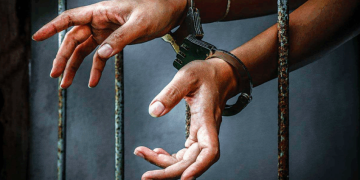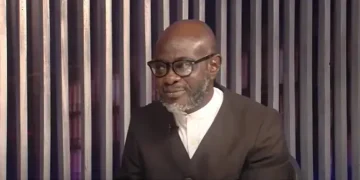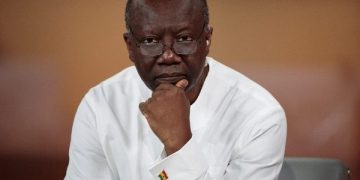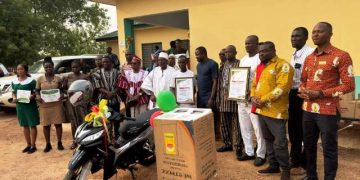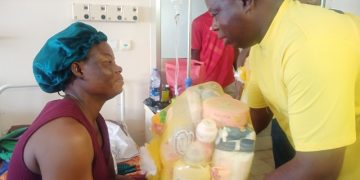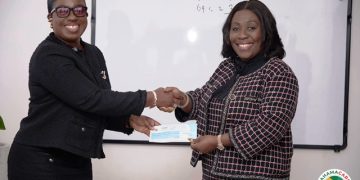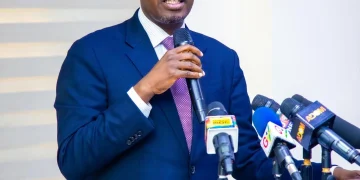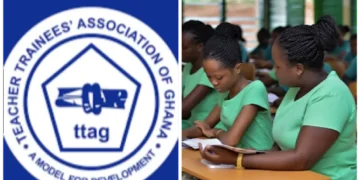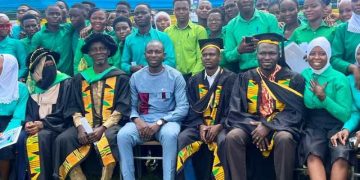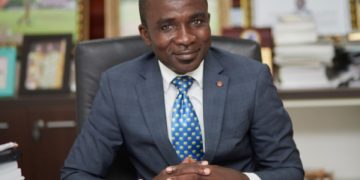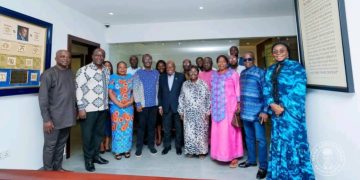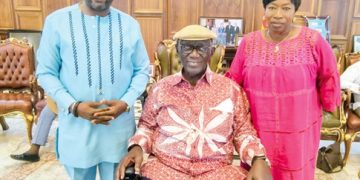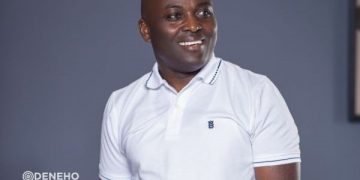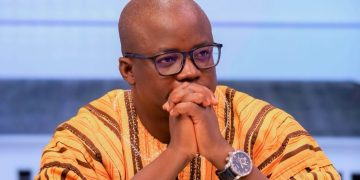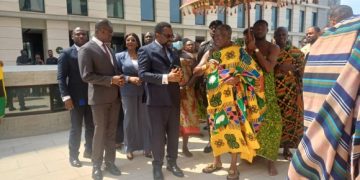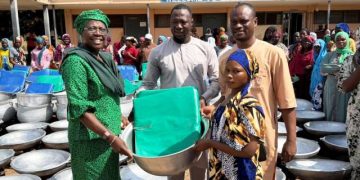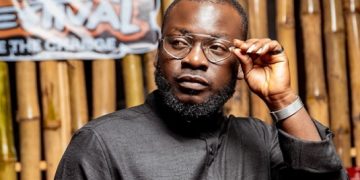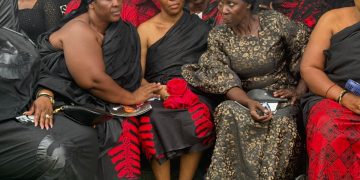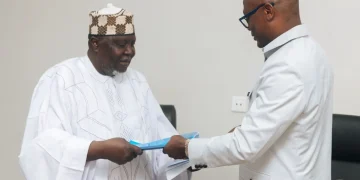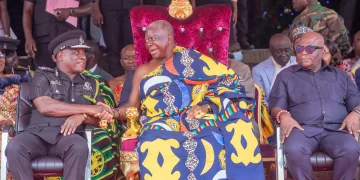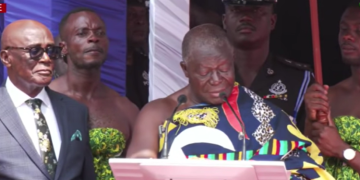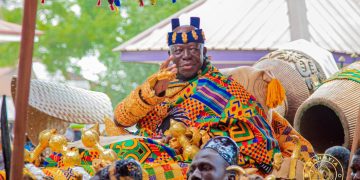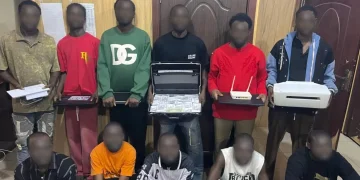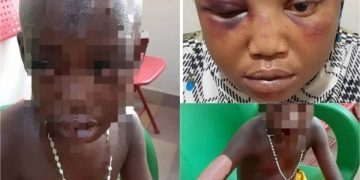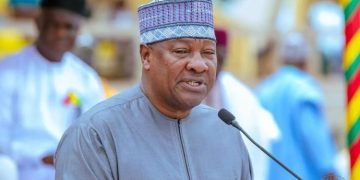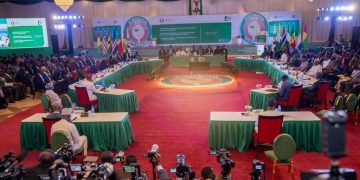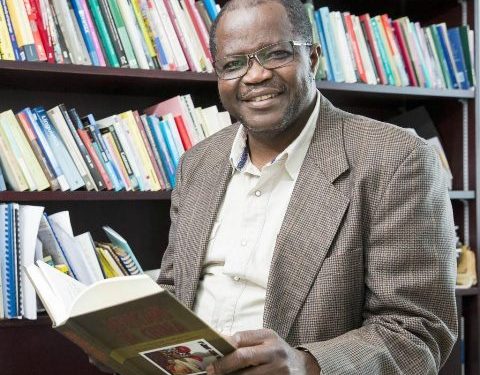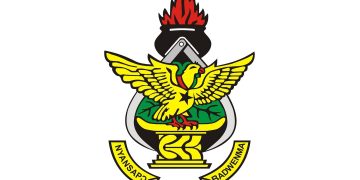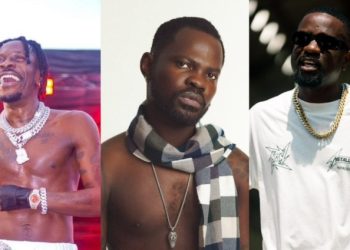Ghana’s Minister for Education, Haruna Iddrisu, has urged pre-school and lower basic school teachers across the country to maintain the use of mother tongue as a complementary medium of instruction in classrooms.
According to him, the use of indigenous languages makes learning easier and helps children grasp concepts faster. He reminded teachers that Ghana’s long-standing policy on mother tongue instruction still exists and urged them to uphold it for the benefit of early learners.
The minister’s comments, made recently in the presence of President John Dramani Mahama, have drawn widespread praise from educators, linguists, and cultural advocates who see the policy as key to improving learning outcomes.
One of the most prominent voices supporting the initiative is Professor Adams Bodomo, a Ghanaian scholar of African linguistics and literatures at the University of Vienna in Austria and visiting professor at the University of Ghana.
Reacting to the minister’s announcement, Prof. Bodomo described the policy as “music in my ears,” but stressed that clear implementation mechanisms were necessary for success.
“A policy has been stated: our indigenous languages, mother tongues, krom kasa, tengɛ kɔkɔre should be used as media of instruction in basic schools. This was announced by the Honourable Minister of Education in front of the President of the nation at a recent event. So a policy is stated. Music in my ears!” he wrote in a Facebook post.
He proposed the establishment of two key institutions to drive implementation: the National Institute for Science in African Languages (NISAL) and the Bureau of Ghana Languages (BGL).
“NISAL, something I have advocated for a long time, would be a specialist institution manned by award winning scientists, linguists, and other educationists who would be working in pairs or in larger teams to quickly produce STEM terminologies for writing textbooks in each of Ghana’s indigenous languages. We could locate it at the site for the defunct national Cathedral project,” he suggested.
Prof. Bodomo added that once NISAL develops approved scientific terminologies and lexical databases, the Bureau of Ghana Languages should lead the production of appropriate textbooks and literature in local languages.
“BGL – armed with these approved terminologies and scientific expressions in the form of huge lexical databases from NISAL, can then set about producing appropriate textbooks and scientific literature in most Ghanaian languages,” he wrote.
He, however, called for a reorganization of the Bureau, arguing that it should be moved from the Ministry of Tourism, Culture and Creative Arts to the Ministry of Education where it was originally conceptualized by Ghana’s first president, Dr. Kwame Nkrumah.
“BGL, as conceptualized by Kwame Nkrumah as Vernacular Literature Bureau, belongs in the Ministry of Education and governments should desist from moving it around. Once moved to the Ministry of Education, BGL should be well resourced by increasing its operational budget,” Prof. Bodomo stated.
He further urged that both NISAL and BGL be fully established and operational within six months to make the mother tongue education policy impactful before the next general elections.
“For the Mother Tongue Education policy to produce tangible results before elections in 2028, its implementation has to be fast and furious,” he emphasized.
Education experts have long argued that using local languages as a foundation for learning improves literacy, comprehension, and cognitive development. Prof. Bodomo’s proposal, many observers say, offers a practical roadmap to finally turn Ghana’s decades-old language policy into a working reality.
Source: www.KumasiMail.Com/JosephZiem


